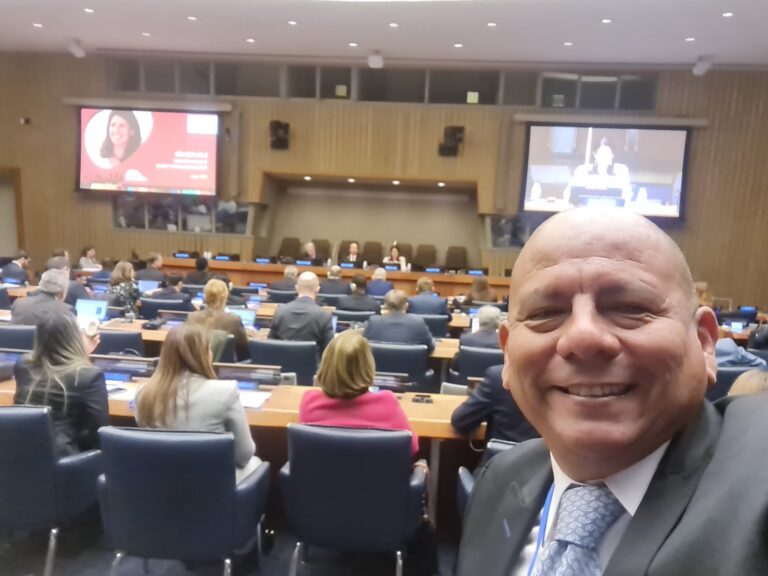A “Sexual and Reproductive Rights” bill designed by the United Nations Population Fund (UNFPA) and the U.S. Agency for International Development (USAID) has been vetoed by Bolivian President Eduardo Rodriquez. UNFPA and USAID are undeterred and have revealed their plans to reintroduce the bill in the Bolivian parliament. In an effort to gain popular support, the agencies have conducted public information sessions, manipulating the outcomes so that parliament will approve it. In an alliance with the feminist and “family planning” groups, they are stifling opposition and allowing only their point of view to be presented.
Controlling the Debate
These sessions were supposed to gauge public support for the bill as well as promote it. Bill supporters used many techniques to control debate. For example, at public fora, they have limited the number of speakers while putting their own colleagues in first place. In eight cities throughout the country, public information sessions have been conducted, each time repeating the same message and using the same speakers. At one event, when the pro-life opposition tried to gain control of the floor, they brought in UNFPA consultant and bill author Dr. Julieta Montano, who spoke for hours, thereby reducing the time allotted for other speakers. In the cities of Oruro, Cochabamha, Sucre and Tarija they would not accept any registered speaker who opposed the bill. Santa Cruz, Trinidad and Cobija presented a different situation. The Civil Committee of Santa Cruz was represented by “Mujeres hacia la Victoria” (Women for Victory), an organization formed to protect the free expression of all participants. The number of attendees opposed to the UN bill was estimated to be up to 95% and the number of participants was four time large than in other cities. Unfortunately, SUNY PARC Bolivia, a USAID-funded organization, refused to publish the results for those cities. They published results only for those cities in which they controlled the audiences.
The sessions in the cities of Potosi and El Alto were cancelled. The Catholic Church and several other groups mounted strong opposition to this manipulation. The official report of the sessions has not yet been presented to the Bolivian parliament. Several feminist groups, supported by the UNFPA, are eager to nullify the results in the cities that rejected the bill.
What is the real interest behind the “reproductive health” bill? In the 1970s and ’80s, UNFPA and USAID promoted the theory of a “population explosion” and an urgent need for family planning throughout Latin America. They promised generous benefits for the people, but none of it was true. Our economies have declined. Our growing population 35 years ago was never a problem. To the contrary, it was our capital for the future. Now decades of contraception has caused fertility rates to plummet to barely replacement levels at best. The awareness of an aging population in Latin America among experts of all political, philosophical and religious views has increased. The first repercussion of the population control experiment is the bankruptcy of the social security system. Every year there are fewer working people to maintain our sagging economies and our elderly.
The Myth Ends
So the myth that was the “population explosion” can no longer be used to justify the need for contraceptives or abortion. Their paradigm needs a shift. The objective need now is for more children, not less. So their new mantra is “sexual and reproductive rights” as an expression of freedom; this freedom cares not for the welfare of people or economies.
Since the Cairo conference in 1994, they have worked to change the paradigm but the conclusion will always he the same: To peddle more contraceptives and more abortions. Thanks to the work of PRI’s Latin American office, the people of Bolivia responded with an emphatic “No” to this particular attempt to advance this plan.










